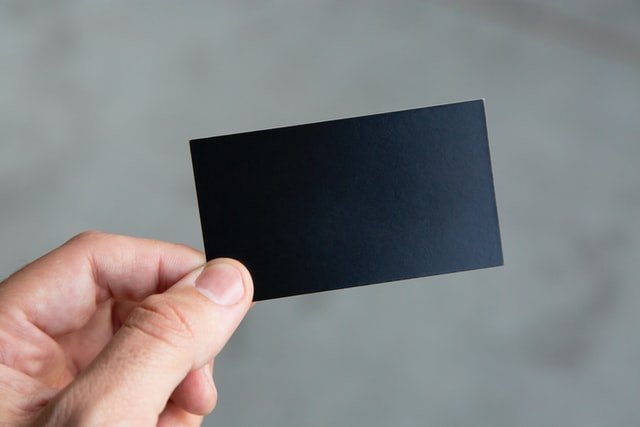
Navigating a Business Trip to Japan: What You Need to Know About Business Cards

The world has become a much smaller place in recent years. International business is now a day-to-day norm, with growing companies securing their future through collaboration and investment across continents. You may find yourself travelling on behalf of your business, in order to secure a partnership or client – making it of utmost importance that you understand the cultures into which you are introducing yourself.
This could not be truer for business trips to Japan. Japanese culture differs from Western culture in a number of key ways, and professional etiquette is regarded very seriously. Correctly navigating professional interactions – right down to the trading of business cards – can help you ensure success in your international endeavours.
Meishi Koukan
Indeed, the exchanging of business cards is a core part of any professional introduction in Japan. Business cards, or ‘meishi’, are more than a calling card for future reference; they are treated as a formal introduction to the person, their position, and their status. The exchange of business cards, or ‘meishi koukan’, is a well-rehearsed event and the first thing to occur before any further form of professional dealings can take place.
Meishi koukan is such a key aspect of business in Japan that you will need to ensure you are well-prepared. Printing enough business cards in advance, and keeping them in good condition up to your meetings, is half the battle. Dog-eared or creased business cards are deemed to speak to your qualities as a businessperson; if you cannot keep your cards well, you may not be considered able to administrate business well either.
Business Card Etiquette
When it comes to the exchanging of business cards, there are rules you must follow to ensure the exchange is carried out correctly. The card must be presented with a slight bow, with both hands, and with your name and company logo clearly visible and legible to the other person at all times. You must introduce yourself by name and position, then offer your card with your right hand. You’ll receive a card with your left at the same time.
The Importance of Personnel Research to Your Trip
Another key aspect of the card exchange is that of seniority – something of keen importance in Japanese culture as a whole, let alone professional culture. The highest-ranking professional in the room is always the first to present their card, and should always be the first to whom you present your card. Getting this wrong could signal disrespect to the very business leaders with whom you hope to strike a deal.
Feature Photo by Giorgio Trovato on Unsplash




































